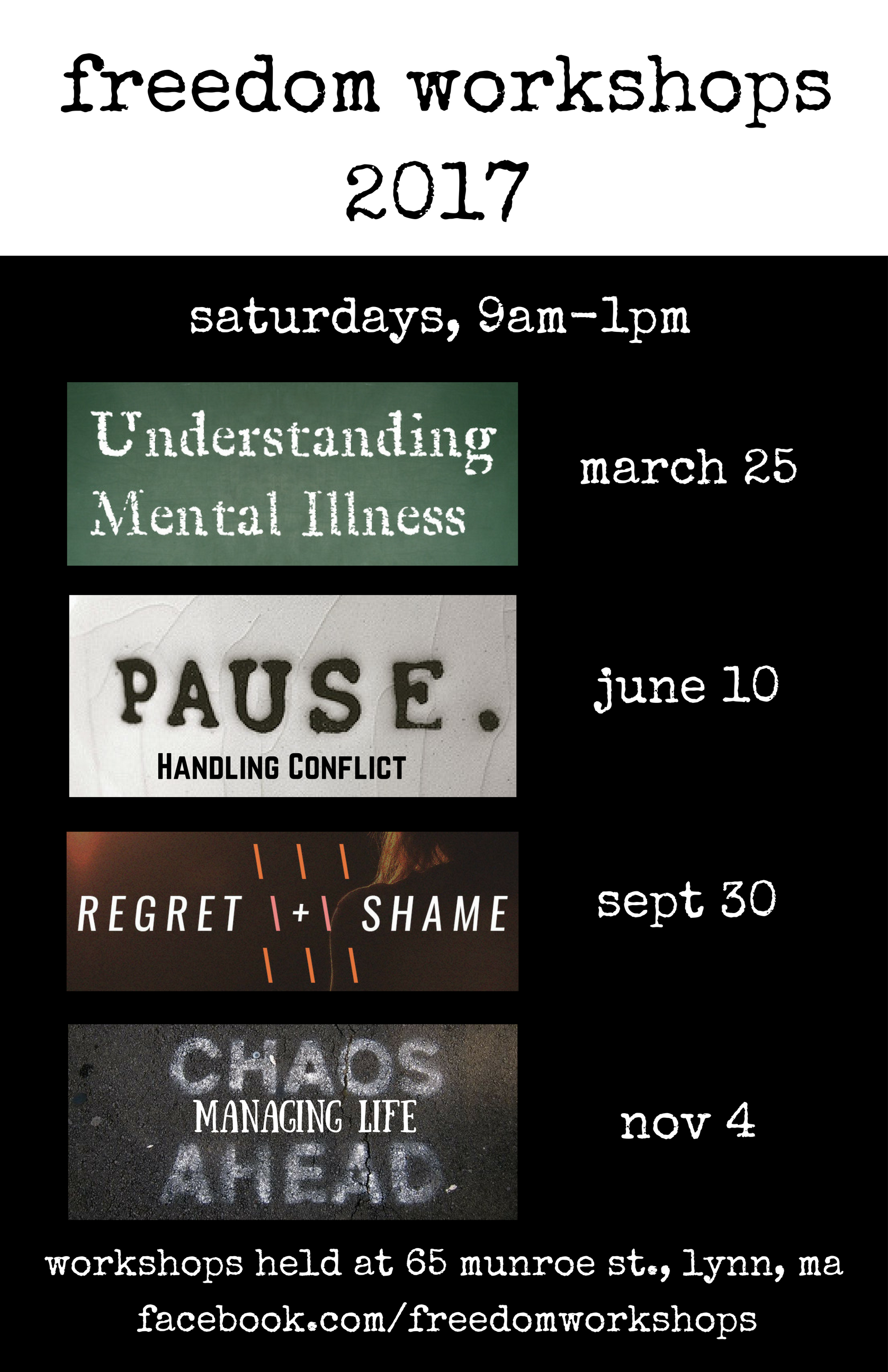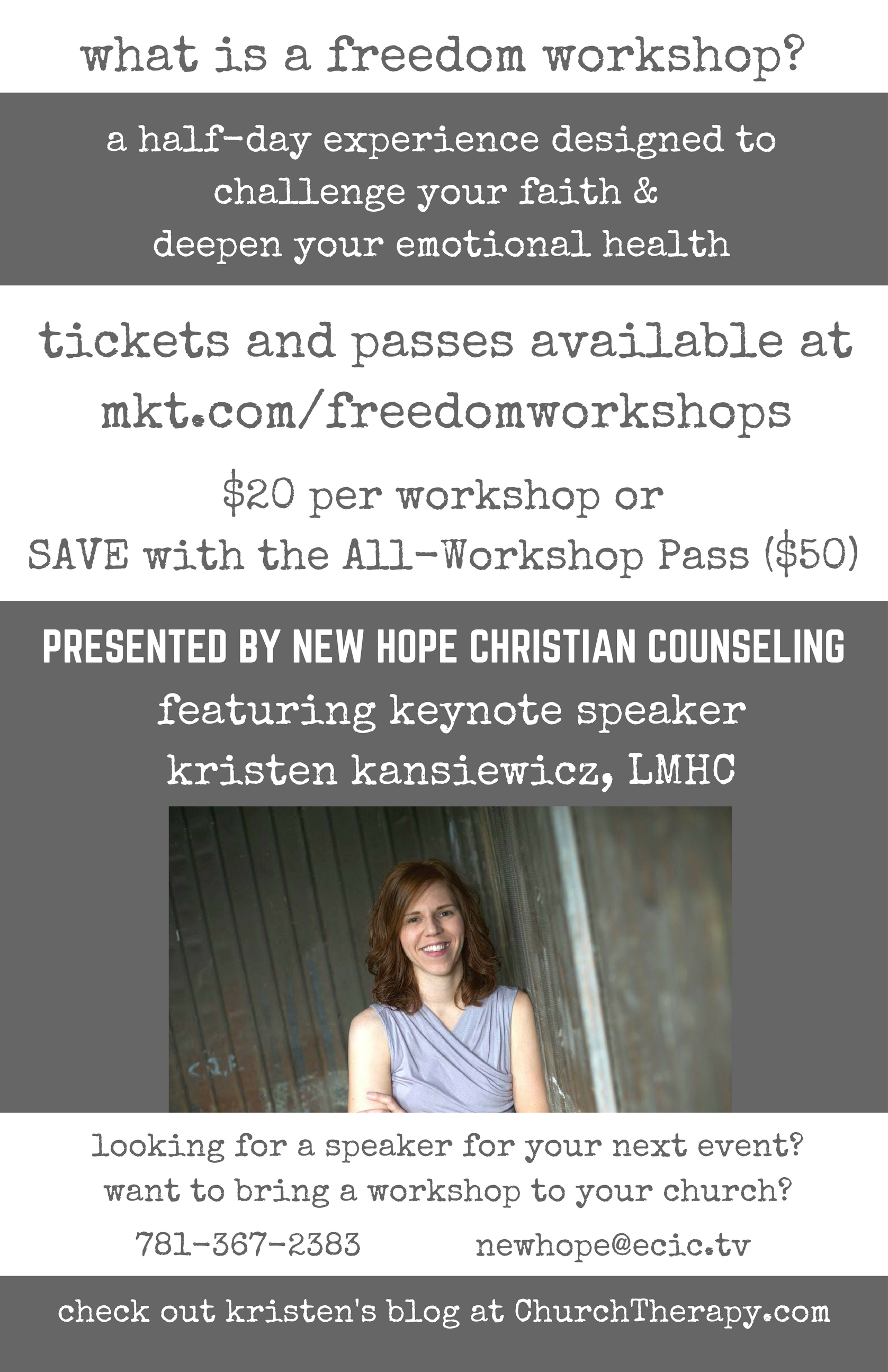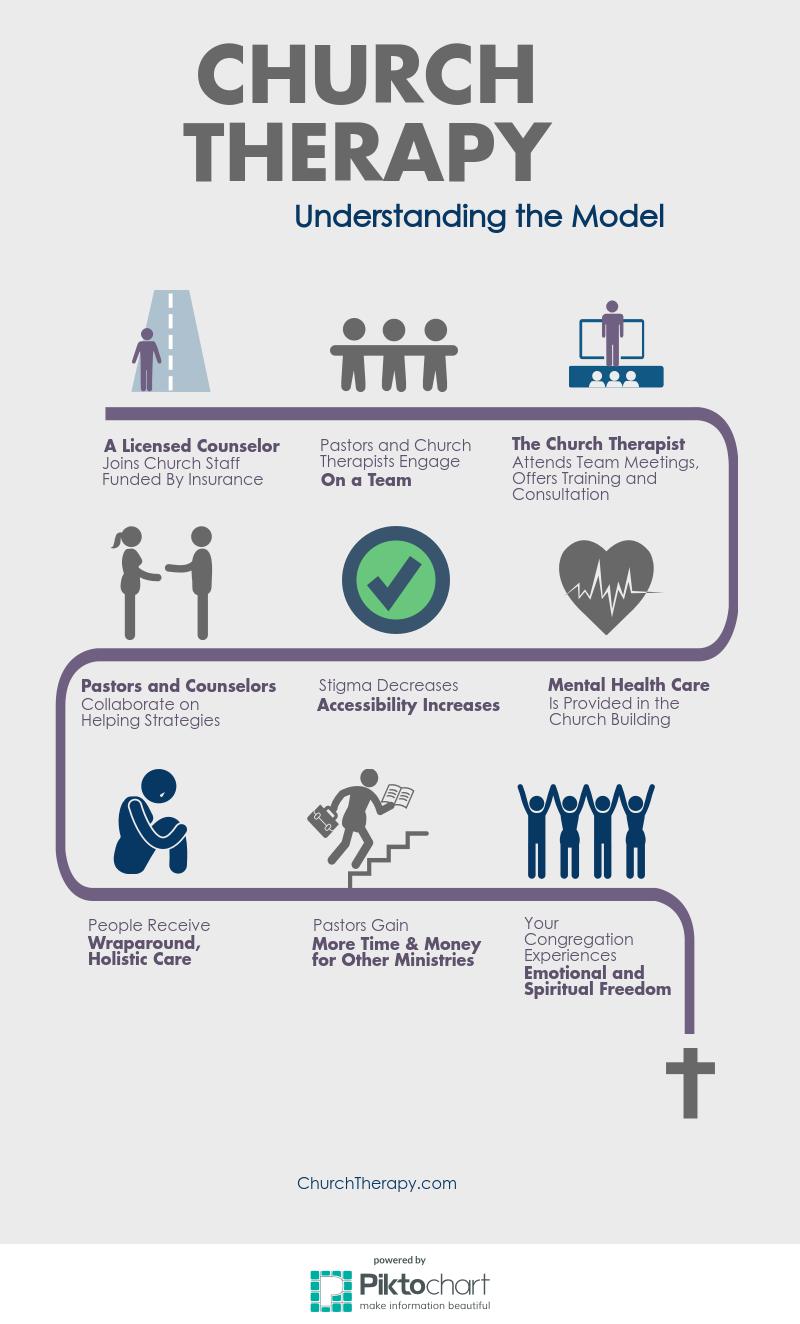I have frequently heard pastors and lay leaders in the Church assert that it is the role of everyone in the Church to provide counsel. Christians cite verses that describe “godly counsel,” such as Psalm 37:30 (“The godly offer good counsel; they teach right from wrong”) and Proverbs 27:9 (“The heartfelt counsel of a friend is as sweet as perfume and incense”) in supporting their notion.
When I recently saw a tweet that again made the statement that all in the Church should provide counsel, it reminded me of what many in the biblical counseling movement have said about pastors and their competence to counsel. These verses suggest that godliness is the fundamental requirement for becoming someone who can provide wise and helpful counsel.
Note that I have not yet used the term “counseling” and I have certainly not used the term “therapy.” Why? Because these terms refer to specific treatments provided in mental health situations. And it is simply not the same thing as godly counsel.
Allow me to define some terms. “Counsel” is often referred to in the Bible as “advice.” Certainly there is a sense that wisdom and godliness provide a Christian with some discernment in a variety of situations. If a friend confides in you about a struggle she is going through, you might provide some wise counsel to her that would support God’s words in the Bible. You may have experienced a similar situation in life and you could offer advice from your own experience.
“Counseling” or “therapy” as I am using the terms here is specifically NOT centered around advice-giving. While discernment is necessary, it is a different level of emotional discernment used by trained and licensed clinicians in mental health service delivery. Therapy offers a place for a person to work through an emotional problem for herself, with a trained guide who possesses skills such as Motivational Interviewing and Cognitive Behavioral Therapy. An understanding of family systems and biological/psychological factors that influence our emotions is also a necessary skill. These factors along with spiritual wisdom and understanding are essential for providing mental health care and seeing the person in a holistic manner.
For comparison’s sake, let’s consider a scenario in which a person has a sore back. A close friend could perhaps give a basic back massage to ease the pain for the moment. But a physical therapist would have training and skills necessary to repair an injury. When anxiety, depression, trauma, Bipolar Disorder or other brain dysfunctions are present, godly advice simply will not provide the right kind of response. And in fact, it may do more harm than good as it often reinforces wrong ideas that make a person feel that their symptoms are a result of a lack of faith. I would argue that this type of response is actually not even godly advice at all as it creates wrong assumptions about God and illness. It is not based in spiritual or biological truth.
Can all pastors and godly followers of Jesus provide counsel? Assuming they possess wisdom demonstrated in the way they live their lives, yes. Can all pastors and godly followers of Jesus provide therapy for mental health problems? No. It is time for pastors and Christians to stop using these terms interchangeably so that people who need medical and psychological care can receive it freely with no stigma attached. And it is time for trained, licensed Christian counselors and therapists to actively provide these services where people seek them: in the Church.











